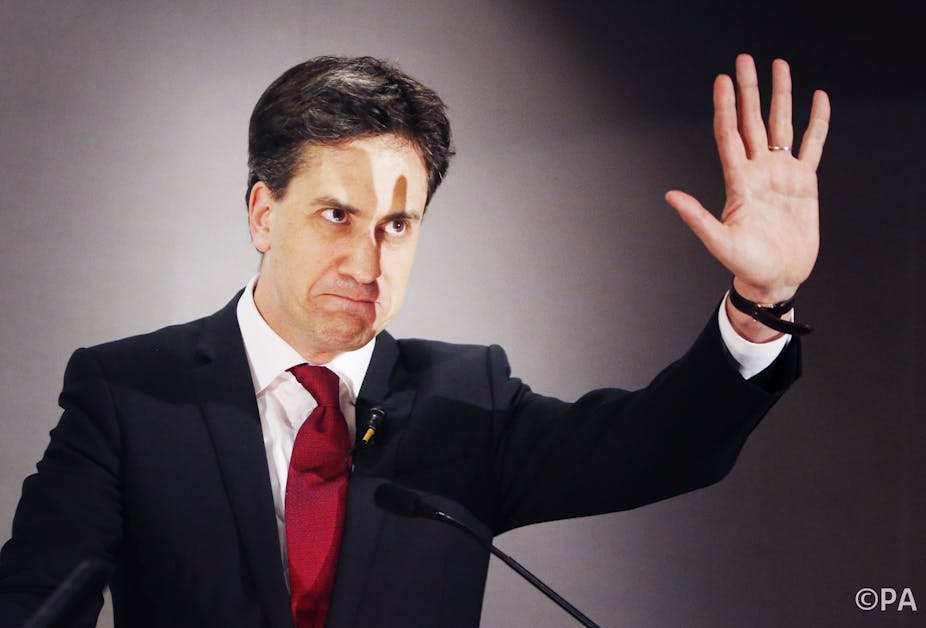At the beginning of his interview with Evan Davis on BBC’s Newsnight, Ed Miliband looked more than a little ill at ease. The initial questions, in which he was confronted with predictions made by his colleagues at the beginning of the parliament on jobs and other issues, clearly made him uncomfortable.
The opposition leader was also irritated by a question about whether Ed Balls would be chancellor in a Labour government, saying that he was not in the business of “measuring the curtains” before May 7 – although he was pressed into a clear indication that, should he become prime minister, he would put Balls in Number 11.
But after that discomfort abated, he hit his stride. And even if he didn’t deal with all the questions, he was at least able to deflect them and get his own message across.
This was a solid, if not captivating, performance on Labour’s theme of fairness, emphasising his party’s credentials as the party of everyday people, not the wealthy. Miliband twice used what is becoming something of a trademark phrase, “the people at home”, and re-emphasised that inequality is the big issue for him, though he admitted that it was not just a British issue.
This does raise the question of how far domestic politicians can offset inequality in an era of globalisation – something of a trap for Labour, which is trying to convince the electorate it can do something about it unilaterally.
But Miliband was nonetheless able to get across his concern for working people rather than for the rich and powerful, which he sees the Conservatives as defending. He wants to make the election about the living standards of ordinary families, which have barely recovered since the global financial crisis.
But Miliband’s performance also showed off some of the Labour message’s limits.
Into the trap
At one point, he did mention an issue that has been barely referred to by any politician in the campaign: Britain’s poor productivity. He pointed out that it was at its lowest level for 25 years, but then failed to develop the point, even though it is one of the fundamental causes of the slow recovery of real wages. Perhaps it’s fair enough he is not clear about the solutions – but there is still the awkward matter of the causes.
The most difficult issue for Miliband is the dizzying ascendancy of Nicola Sturgeon and the SNP, on whom he may well have to rely to assemble a government, and who have been decrying Labour’s agenda as “Tory lite”.
To repel this very effective attack, he tried to stake out a position midway between Conservative austerity and the SNP’s belief in more borrowing and more spending, pointing out that he was the first Labour leader to go into an election saying that public expenditure would fall outside certain protected areas. But pressed on how much Labour would be borrowing by the end of the next parliament, he refused to give a specific answer.
He also refused to get into speculation about who he would try to form a government with. On the doorstep, he said, people were asking him about the prospects for their own lives, not the various possible permutations of a coalition or minority government.
This was rather disingenuous of him. In a fragmented multi-party environment where no single party is likely to be able to govern on its own, electors are entitled to ask which other parties a party might deal with and how that would affect its election promises.
At the very least, this was a solid and confident performance which has reinforced Miliband’s credibility as an alternative prime minister. But it also showed that even as the Labour message gets clearer and stronger, the party can still fall into the same old traps.

